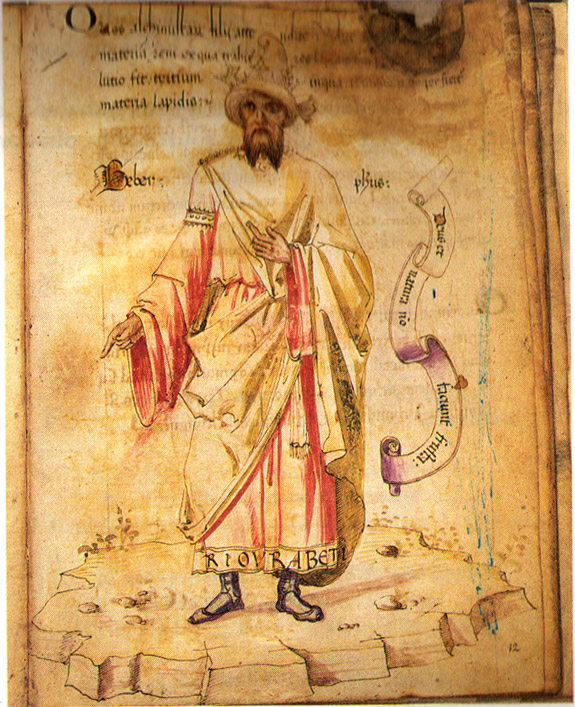
Word of the Day: Incessant
Today’s word of the day comes courtesy of www.wordthink.com, and it is the adjective incessant. According to WordThink, incessant means “Continuing without pause or interruption.” Dictionary.com adds “ceaseless; unending.” This is one of those Latin words that enters the language in the “mid-15c., from Old French *incessant or directly from Late Latin incessantem (nominative incessans) ‘unceasing,’ from Latin in- ‘not’ (see in- (1)) + cessans, present participle of cessare ‘to cease, go slow, give over, leave off, be idle,’ frequentative of cedere (past participle cessus) ‘go away, withdraw, yield’ (from PIE root *ked- ‘to go, yield’)” (https://www.etymonline.com/search?q=incessant). If you haven’t been reading these a lot, or if you’ve just forgotten, “PIE” stands for “Proto-IndoEuropean,” the great-great-grandmother of the IndoEuropean language of families, which includes Latin and all the Romance languages, English and the other Germanic languages, the Slavic languages, the Celtic languages, and the Indo-Iranian languages. It is a “proto” language because we have no direct evidence of the language; we know of it only by historical reconstruction.
On this date in 1404, King Henry IV of England, who had usurped the throne just 5 years earlier, signed into law the Act Against Multipliers. Multiplication was part of the process of transmutation in the ancient pseudo-science called alchemy.
Although alchemy is the medieval forerunner of the science of chemistry, it’s purpose was quite different. A few of the goals of alchemy were to transmute base metals, like lead, into precious metals, like gold or silver; the discovery or invention of the elixir of life; the creation of a panacea, a medicine that would cure any and all illnesses; and the development of a universal solvent (other than water). The Magnum Opus (Latin “Great Work”) of alchemy involves taking the prima materia (Latin “first matter”) and creating the Philosopher’s Stone, the thing that will accomplish all of the goals of alchemy as stated above.
Alchemy originated in Hellenistic (Greek) Egypt and then traveled all over Europe, Asia, and Africa. While it is true that alchemy is looked down upon today, it is also true that alchemists developed many laboratory techniques that prepared the way for the scientific approach to chemistry and medicine. Lawrence Principe says of alchemy, “Most readers probably are aware of several common claims about alchemy—for example, … that it is akin to magic, or that its practice then or now is essentially deceptive. These ideas about alchemy emerged during the eighteenth century or after. While each of them might have limited validity within a narrow context, none of them is an accurate depiction of alchemy in general” (Principe, Lawrence M., The Secrets of Alchemy [U of Chicago P, 2012, p. 86).
Of course, there were quite a few plays in the English Renaissance, such as Ben Jonson’s The Alchemist, which basically presented alchemy as a fraudulent practice, designed to con foolish people into giving money to the alchemist/con men in the hope that this alchemist would indeed come up with the Philosopher’s Stone.
But it would be a mistake to think that Henry IV, in 1404, banned alchemy because it was fraudulent. Just the opposite, in fact. John Welford says, “The Act was not passed out of a desire to stop people wasting their time on something that could never work, but from fear that it actually might do so. The last thing a medieval king wanted was somebody getting very rich and not only upsetting the economic order but becoming more powerful than the monarch” (http://historicaltriumphsanddisasters.blogspot.com/2018/12/the-act-against-multipliers-1404.html). He adds, “In practice, the law provided a loophole for would-be alchemists in that they could apply for a very expensive licence that allowed them to pursue their dark art. However, it has to be assumed that not many such licences were applied for.”
While it is likely that many of the people who engaged in alchemy had some noble purpose in mind, it is clear that many others were basically interested in the wealth or the long life that the discovery of the Philosopher’s Stone would bring. Greed has been with us since the evolution of the human race. The desire for wealth and power has been incessant.
On a side note, www.etymonline says that the word multiplier comes from the late 15th century. The website, in this case, is obviously wrong since the world clearly existed at least as early as 1404.
The image is of “Jabir ibn Hayyan (Geber), considered the ‘father of chemistry,’ introduced a scientific and experimental approach to alchemy” (from a 15th century European portrait of Geber, Codici Ashburnhamiani 1166).